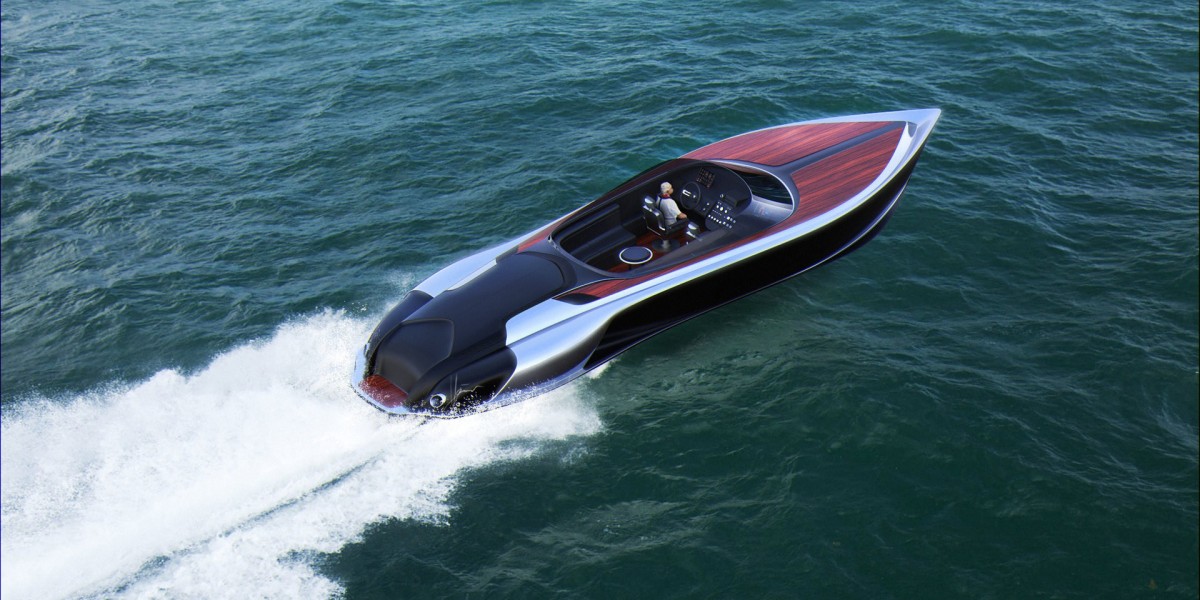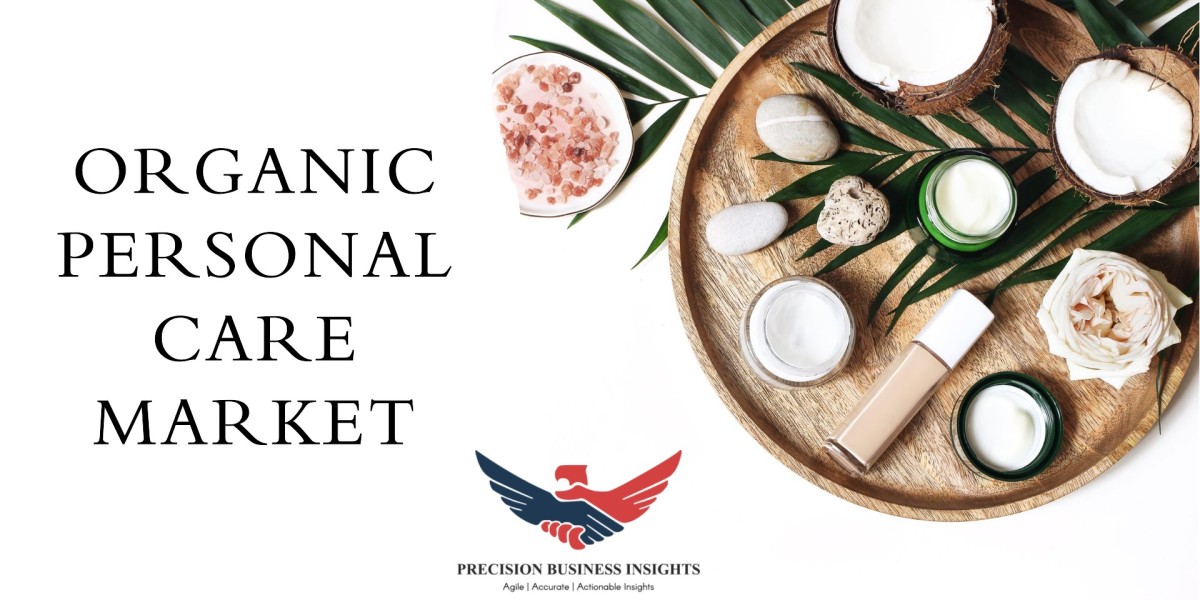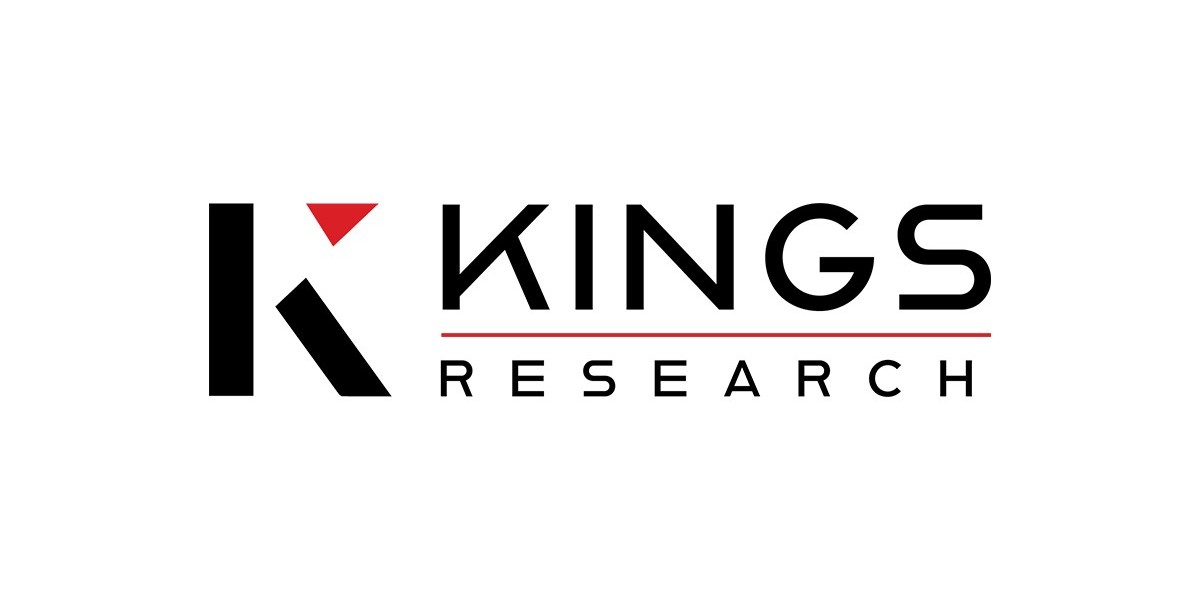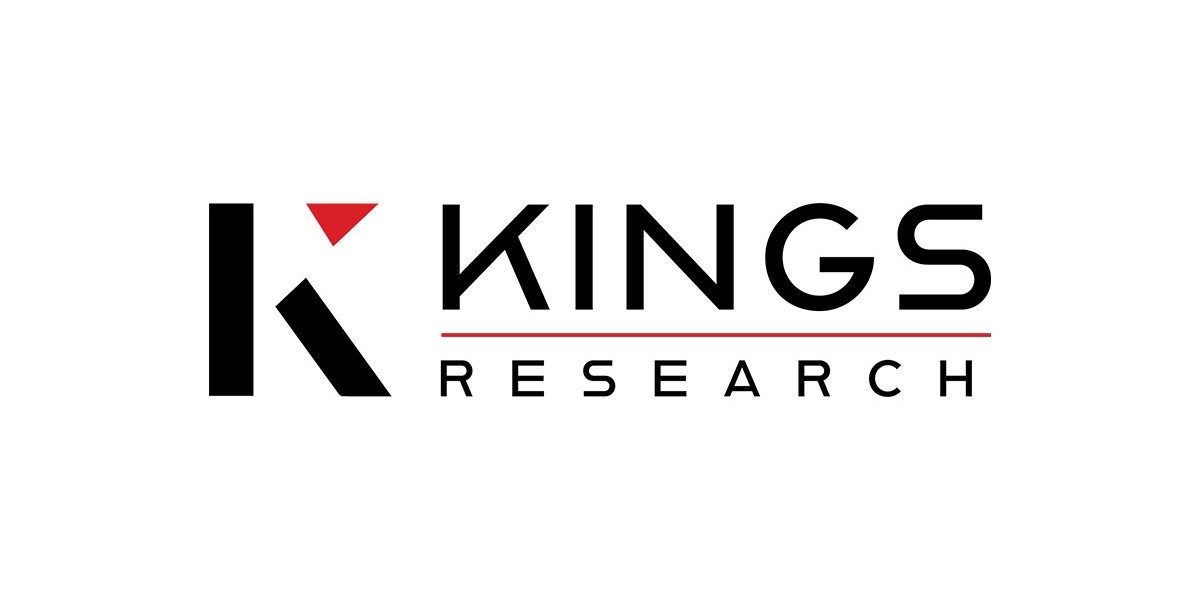The leisure power boat market has seen dynamic growth in recent years, driven by innovations in technology, shifting consumer preferences, and an increased focus on sustainability. As boating enthusiasts continue to seek better performance, more luxurious experiences, and eco-friendly alternatives, the long-term outlook for the leisure power boat market looks promising. This article explores the key factors shaping the future of the industry and offers insights into what consumers, manufacturers, and stakeholders can expect in the coming years.
1. Sustainability and Environmental Responsibility
One of the most significant trends in the leisure power boat industry is the growing emphasis on sustainability and environmental responsibility. As climate change becomes an increasingly urgent global issue, both consumers and manufacturers are focusing on reducing the environmental impact of boating.
The shift toward electric and hybrid power boats is a key development in this area. Electric boats offer zero emissions and quieter, smoother operations, while hybrid boats combine traditional combustion engines with electric power to improve fuel efficiency and reduce emissions. Over the next decade, we can expect advancements in battery technology that will improve the range and performance of electric boats, making them a more viable option for mainstream boating enthusiasts.
Additionally, boat manufacturers are embracing sustainable materials, using recyclable composites and eco-friendly finishes in boat construction. This commitment to sustainability will continue to shape the industry, with increasing demand for boats that align with consumers' environmental values. As regulations on emissions tighten and consumers demand greener alternatives, manufacturers will have to prioritize eco-friendly innovation to stay competitive.
2. Technological Advancements: Smart Boats and Automation
Technology is another driving force behind the long-term outlook for leisure power boats. The integration of smart technology into boats is revolutionizing the way boaters interact with their vessels, enhancing both convenience and safety. Over the next several years, smart boats equipped with advanced features like automated navigation, collision avoidance, and intelligent autopilot systems will become more common.
Smart boats will not only offer enhanced safety and ease of use but also provide real-time data on engine performance, fuel consumption, and weather conditions. With the integration of the Internet of Things (IoT), boaters will be able to monitor and control various aspects of their boat remotely, improving the overall boating experience. These advancements are making boating safer, more efficient, and more accessible, especially for novice boaters.
The rise of automation in the boating industry also has the potential to revolutionize how people interact with their boats. Features like automated docking and self-driving technology could become standard, reducing the need for manual operation and enhancing the ease of boating. This shift will likely make boating more appealing to a wider audience, particularly those who are new to the sport or those seeking a more hands-off experience.
3. Customization and Luxury Experiences
As the leisure power boat market matures, consumers are increasingly seeking personalized, luxury experiences. The trend toward high-end, customizable boats is expected to grow in the coming years. Manufacturers are offering more options for boat interiors, finishes, layouts, and onboard technology, allowing consumers to design boats that meet their specific needs and desires.
Luxury power boats, which feature premium amenities such as full kitchens, multiple bedrooms, and sophisticated entertainment systems, are becoming more popular among high-net-worth individuals. These boats not only offer comfort but also serve as floating retreats, providing a lavish way to enjoy the water. The long-term outlook for this segment of the market remains strong, as the demand for unique, luxury boating experiences continues to rise.
Moreover, manufacturers are increasingly focusing on creating boats that cater to specific recreational activities, such as fishing, watersports, and cruising. This level of customization allows boat owners to choose vessels that suit their individual lifestyles and preferences, further driving the trend toward personalization in the industry.
4. Expanding Market and New Demographics
In addition to the luxury market, the leisure power boat industry is also seeing growing interest from younger and more diverse demographics. Millennials and Gen Z are becoming more interested in boating, driven by the desire for unique recreational experiences and a deeper connection to nature. These generations value experiences over material possessions and are increasingly looking for ways to enjoy the outdoors in a sustainable and exciting way.
To appeal to these younger consumers, manufacturers are offering smaller, more affordable boats that are easier to store, maintain, and operate. These boats are typically designed for recreational activities like wakeboarding, fishing, and waterskiing, offering versatility and ease of use. Additionally, the growing popularity of boat-sharing platforms and rental services is making boating more accessible to those who may not want to invest in boat ownership.
As the market expands to include more first-time boat owners and younger buyers, manufacturers will need to focus on offering boats that combine affordability, performance, and sustainability. The growing appeal of leisure power boats among diverse demographics is expected to continue driving industry growth.
5. Global Expansion and New Markets
The long-term outlook for leisure power boats also involves expanding into new global markets. While North America and Europe have traditionally been the largest markets for recreational boating, the Asia-Pacific region is emerging as a significant growth area. Increasing disposable income, rising interest in water-based activities, and a growing middle class are driving the demand for leisure power boats in countries such as China, Japan, and India.
Manufacturers are focusing on expanding their reach in these regions by tailoring their offerings to local preferences and needs. In these emerging markets, smaller and more affordable boats are expected to see strong demand, as well as models that cater to local recreational activities, such as fishing or sightseeing.
As global markets continue to expand, the leisure power boat industry will experience increased competition. Manufacturers will need to innovate to meet the diverse needs of international consumers while navigating varying regulations and environmental standards across different regions.
6. Challenges and Opportunities
Despite the promising long-term outlook, the leisure power boat market does face several challenges. The high cost of manufacturing, fluctuating fuel prices, and the need for ongoing innovation may present obstacles for some companies. Additionally, environmental regulations may continue to tighten, requiring further investment in sustainable practices and technologies.
However, these challenges also present opportunities for growth and innovation. Companies that embrace sustainability, invest in new technologies, and cater to evolving consumer preferences will be well-positioned for long-term success. The continued emphasis on creating environmentally-friendly boats, coupled with advances in smart technology and customization, will create a competitive edge for forward-thinking manufacturers.
7. Conclusion
The long-term outlook for the leisure power boat market is filled with promise, driven by trends toward sustainability, technological innovation, and personalization. As the industry continues to evolve, manufacturers will need to adapt to changing consumer demands, including a growing emphasis on eco-friendly products and luxury experiences. With the continued expansion of new markets and demographics, along with the ongoing development of cutting-edge technologies, the future of leisure power boating looks both exciting and prosperous. The key to success will lie in staying ahead of trends and ensuring that boats meet the evolving needs of a diverse and environmentally-conscious consumer base.



